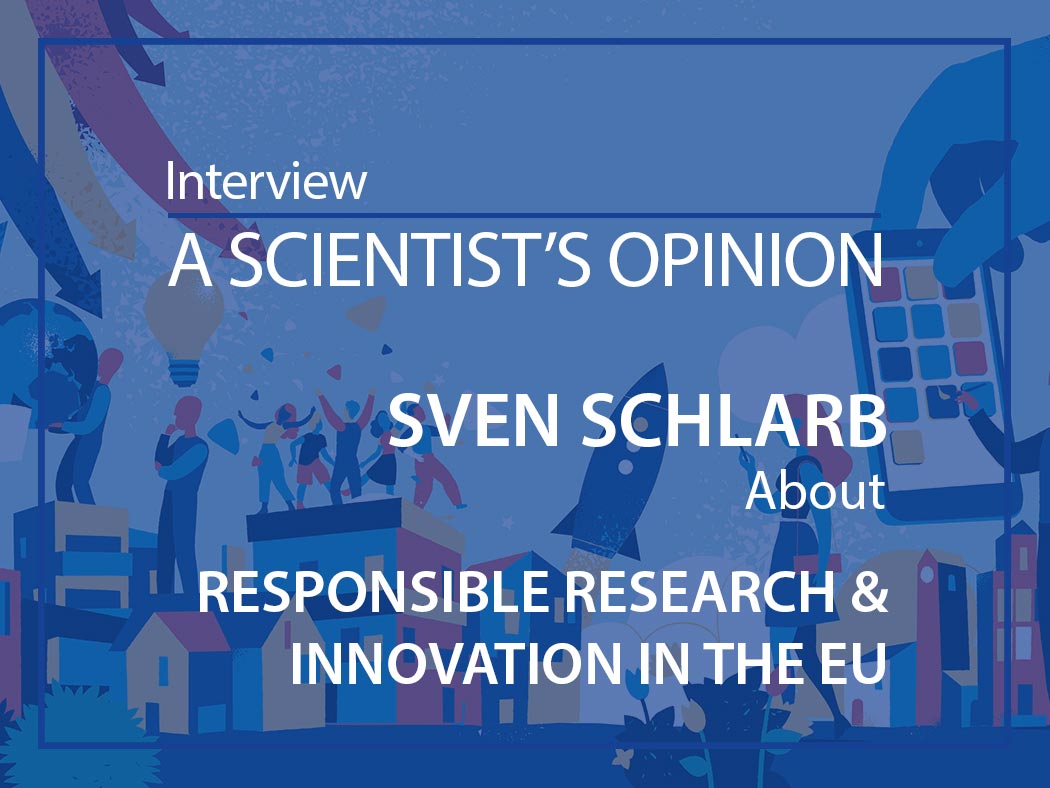science

Lara Clements interview: How has Covid-19 affected people’s trust in science?
Exclusive interview: Lara Clements on the latest Wellcome Global Monitor report, the world's largest study into how people think and feel about science.

ESMH Media Review – January 19, 2022
Coronavirus, cities & 2022 innovations: check out the ESMH selection of 31 science & tech news published in the last weeks on the web.

A scientist’s opinion: Interview with Branislava Lalic about responsible research and innovation in the EU
Interview with Branislava Lalic, associate professor in the Faculty of Agriculture at the University of Novi Sad. What does RRI mean to you, and how is it a part of your research environment? Branislava Lalic: From my point of view, RRI is a way of living. In an ideal world, we would not need RRI ...

A scientist’s opinion: Interview with Sven Schlarb about responsible research and innovation in the EU
Interview with Sven Schlarb, scientist at AIT Austrian Institute of Technology GmbH. How is the Co-Change project contributing to research in your institution? Sven Schlarb: The Co-Change project combines researchers who think about ethical principles with projects that integrate these principles into their work. As such, responsible research, not only the monitoring function, is brought ...

Responsible research and innovation in the EU
How to build ethics and foresight into every stage of the research process, from design to implementation.

A scientist’s opinion: Interview with Alexander Peterhänsel about Art and AI
Interview with Alexander Peterhänsel, media artist, designer and Professor for Digital Media at the University of Applied Sciences Brandenburg focused on machine intelligence and creativity, design computation, ICT ethics and virtual- and augmented realities. He has been an artist in residence to the Joint Research Centre of the European Commission and his work is exhibited ...

Art-ificial or Art-istic Intelligence?
Computers are already learning how to compose music, write novels and draw like Picasso. But is AI capable of creating art on its own?

A scientist’s opinion: Interview with Henrik Junklewitz about Art and AI
Interview with Henrik Junklewitz. He received a diploma in physics in 2009 and a Ph.D in physics in 2014, both from the Ludwig-Maximilians-Universität München. He has been a post-doctoral researcher in statistical inference, machine learning and imaging for astrophysics at the Friedrich-Wilhelms-Universität Bonn. Currently, he is a scientific project officer for machine learning with the ...

